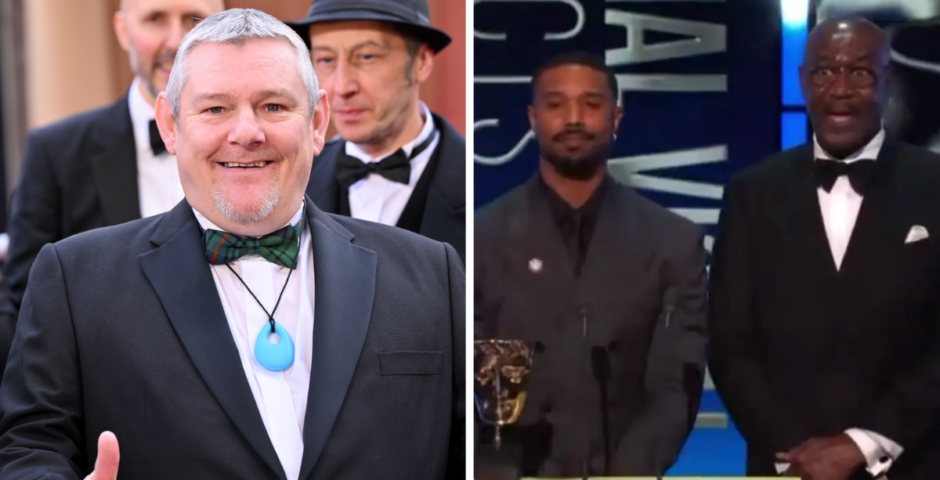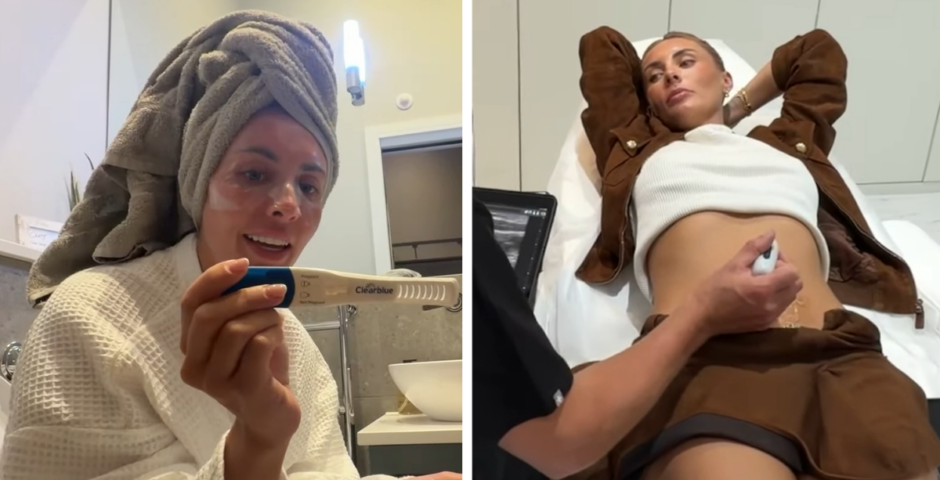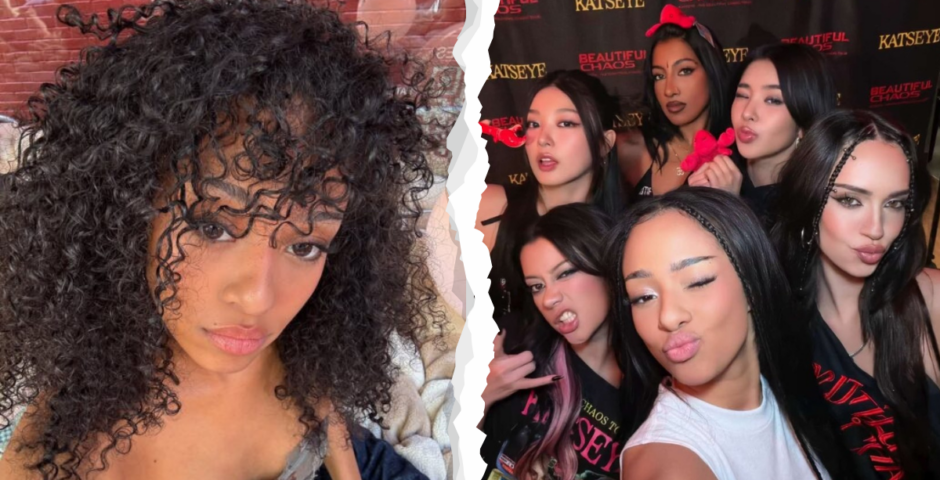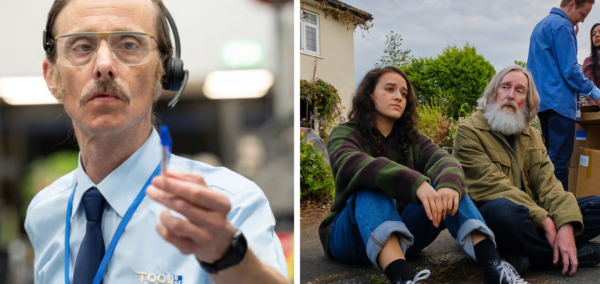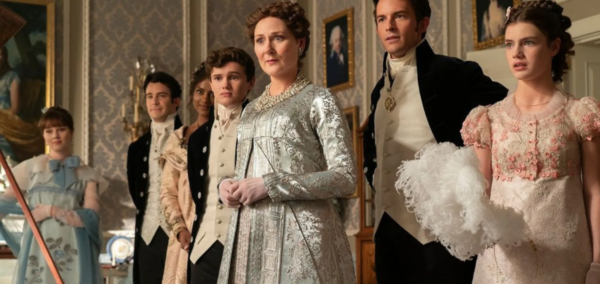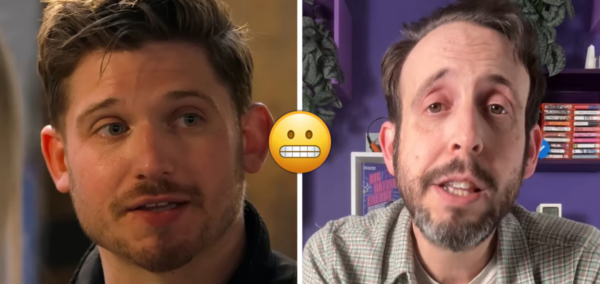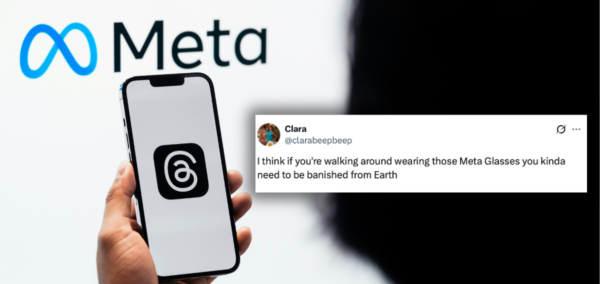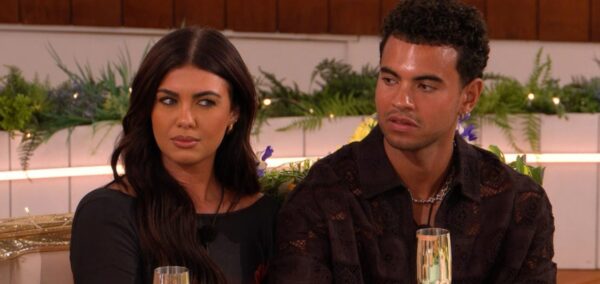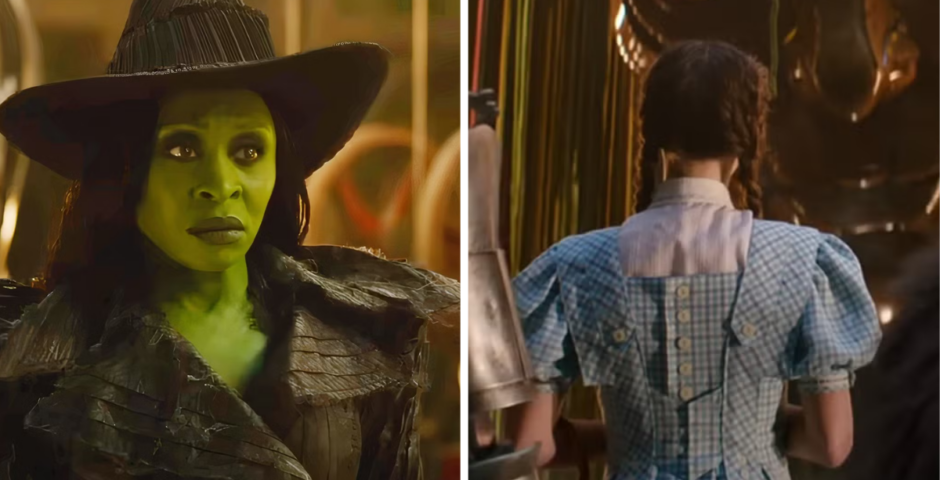
This major scene cut from the Wicked: For Good movie reveals Dorothy and Elphaba’s secret bond
I wish it made it into the film
Dorothy is barely in Wicked: For Good. We mostly see the back of her head and that dramatic finale when she “kills” Elphaba by pouring water on her. But in the Wicked book, they actually had a really wholesome interaction that makes the ending way more dramatic.
In the Wicked book, Dorothy and Elphaba share a really touching scene
In the original Wizard of Oz story, Dorothy is sent on a mission to kill the Wicked Witch of the West – our Elphaba. Dorothy takes Nessa’s shoes after she gets squashed by a house in a tornado, which obviously makes Elphaba super angry. But in the Wicked book, they share a vulnerable moment when Dorothy begs for her forgiveness and says she doesn’t even want to kill Elphaba.
Bethany Weaver (Dorothy) via Instagram pic.twitter.com/VWMa5g1NTI
— The Wicked Source (@TheWickedSource) November 24, 2025
Dorothy tells Elphaba that she never meant to kill Nessarose, says she’s sorry for everything that has happened since she landed in Oz, and even tries to comfort the Wicked Witch. This scene is important, as it’s one of the only times in Wicked that someone besides Glinda and the Scarecrow shows kindness to Elphaba. It’s so different from the film, where we never get to see Dorothy as anything else other than the strange girl who killed Elphaba.
Elphaba tells Dorothy that this apology is too late – her little sister is dead now after all.
Dorothy is barely in Wicked: For Good
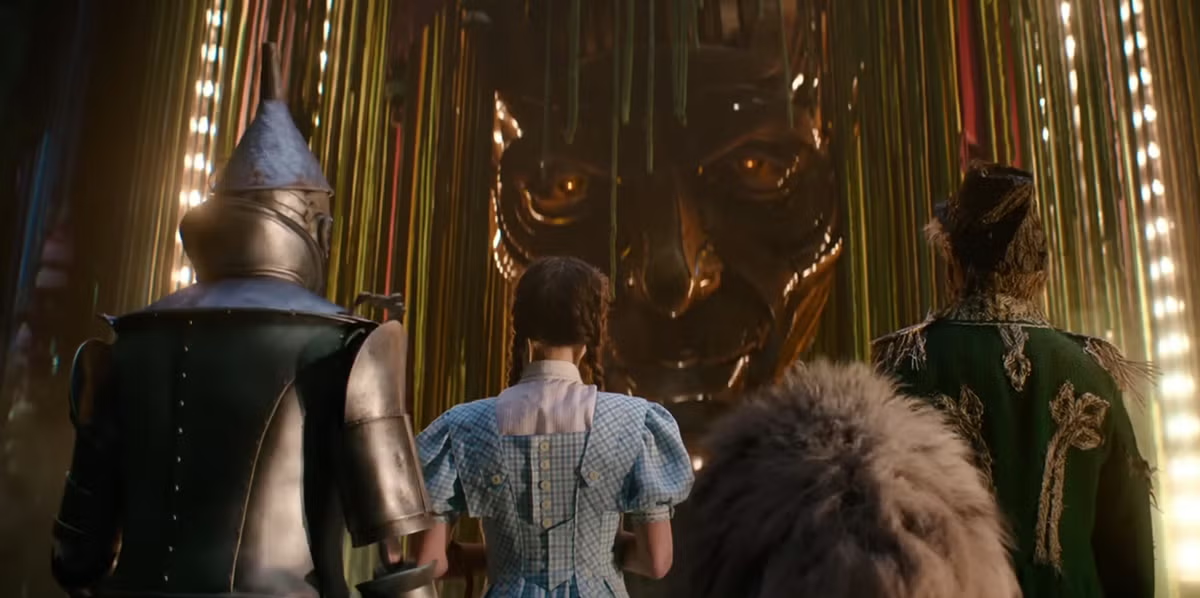
via Universal
Throughout Wicked: For Good, we see Dorothy in the background of the story, but never her actual face. In the Wicked stage musical, the audience never even see her. When asked why he wanted to keep Dorothy out of the story, Wicked director Jon Chu explained his reasoning – and it makes sense.
“I didn’t want to step on who you think Dorothy is in whatever story that you came into this with,” he told People. “It is still Elphaba and Glinda’s journey, and she is a pawn in the middle of all of it.”
It would’ve been fun to get another emotional moment from Elphaba, and it makes her faking her own death at the end of the film even more powerful.
For more like this, like The Tab on Facebook.
Featured image via Universal

